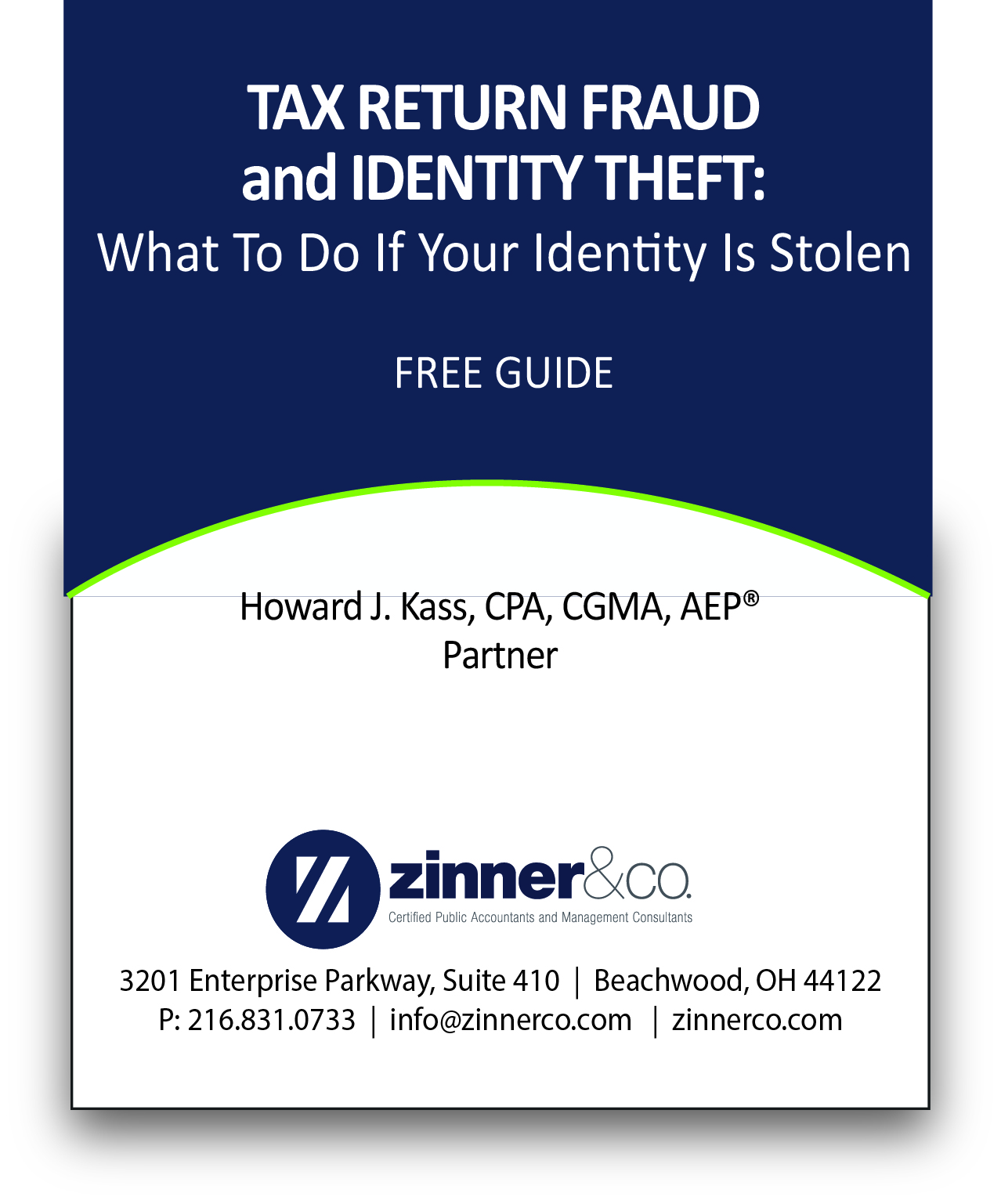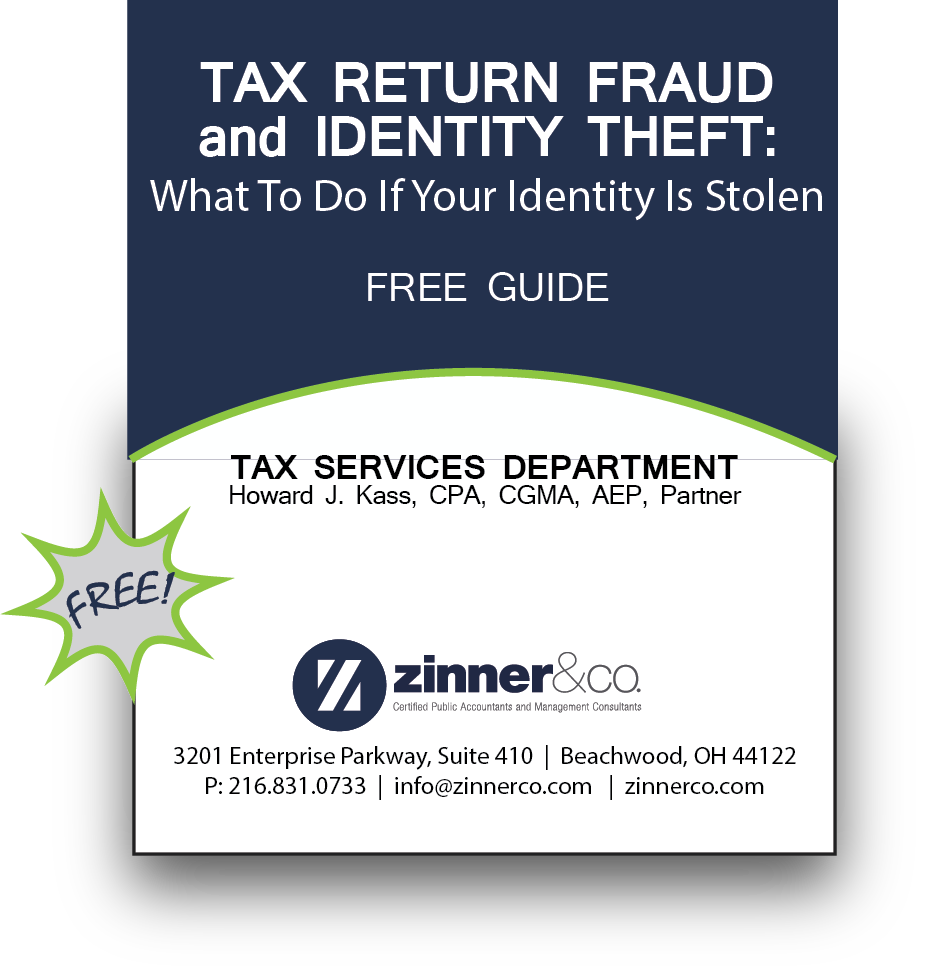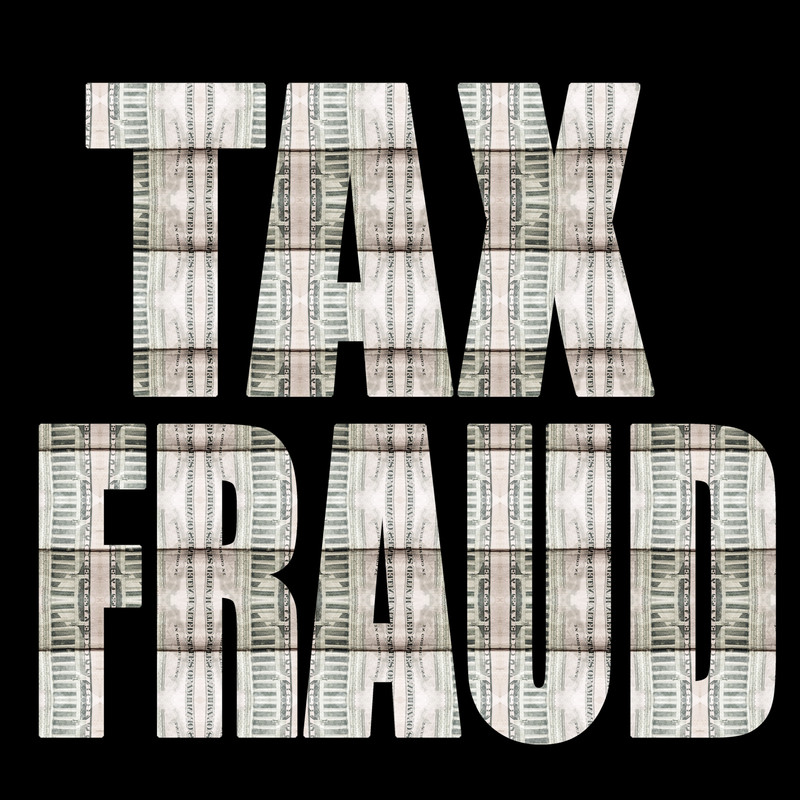Tax season can be stressful, but it becomes even more challenging when scammers try to take advantage of unsuspecting people.
The holidays are a time for fun, gifts, and being with your family, as many people shop online, chat with friends, and share their holiday moments.
Essential Tips to Protect Yourself from IT Security Concerns
Zinner & Co. identity theft , scams , credit reporting , Credit card fraud , Business - Management, Issues & Concerns , passwordsIn our increasingly digital world, safeguarding yourself from IT security concerns is crucial.
Ask the Expert: How to tell if it is really the IRS calling
Eric James scams , fraud , Eric James , Ask the ExpertQ: I’m concerned. I was sure I paid my income tax this year when I filed, but I have just received a call from someone saying they are an authorized IRS collection agent and I need to pay a small balance now due ($350). The agent said I should pay by prepaid debit card. What do you recommend?
- Bailey J., Private Business Owner
Akron, OH
WASHINGTON – The Internal Revenue Service issued a warning that tax-related scams continue across the nation even thou
gh the tax filing season has ended for most taxpayers. People should remain on alert to new and emerging schemes involving the tax system that continue to claim victims.
“We continue to urge people to watch out for new and evolving schemes this summer,” said IRS Commissioner John Koskinen. “Many of these are variations of a theme, involving fictitious tax bills and demands to pay by purchasing and transferring information involving a gift card or iTunes card. Taxpayers can avoid these and other tricky financial scams by taking a few minutes to review the tell-tale signs of these schemes.”
IRS Warns of Email Scam Targeting Employers, Tax-Exempt Entities, Universities and Schools, Government and Private Sector Businesses
Zinner & Co. Tax Department scams , fraud , IRSA dangerous email scam currently is circulating nationwide and targeting employers, including tax exempt entities, universities and schools, government and private-sector businesses. The scammer poses as an internal executive requesting employee Forms W-2 and Social Security Number information from company payroll or human resources departments. They may even send an initial “Hi, are you in today” message before the request.
IRS Reminds Seniors to Remain on Alert to Phone Scams during Tax Season
Zinner & Co. Tax Department scams , fraud , IRSWASHINGTON – With the 2017 tax season underway, the IRS reminds seniors to remain alert to aggressive and threatening phone calls by criminals impersonating IRS agents. The callers claim to be IRS employees, but are not.
These con artists can sound convincing when they call. They use fake names and bogus IRS identification badge numbers. They may know a lot about their targets, and they usually alter the caller ID to make it look like the IRS is calling.
'Tis the Season for Tax Scams and Fraud
Zinner & Co. Tax Department identity theft , scams , fraud , Taxes - Individual , taxes , IRSTax season is prime time for scammers and cyber criminals. Beyond identity theft, which is seemingly quite commonplace, tax scams have the dubious distinction of rising to the top of the Better Business Bureau's list of scams in 2016.
According to the Better Business Bureau Scam Tracker, the top ten list includes:
- Tax scams
- Debt collections
- Sweepstakes/prizes/gifts
- Online purchase
- Employment
If it sounds too good to be true, it probably is! In recent years, thousands of people have lost millions of dollars and their personal information to tax scams and fake IRS communication. This page looks at the scams affecting individuals, businesses, and tax professionals and what do if you if you spot a tax scam.
REMEMBER: The IRS doesn't initiate contact with taxpayers by email, text messages or social media channels to request personal or financial information. In addition, IRS does not threaten taxpayers with lawsuits, imprisonment or other enforcement action. Being able to recognize these tell-tale signs of a phishing or tax scam could save you from becoming a victim.
Federal, state and local authorities have indicted dozens of people and businesses in the U.S. and India accused of impersonating Internal Revenue Service employees demanding money from innocent taxpayers in the U.S.
Related: Follow our Fraud & Scam blogs
About Us

Since 1938, Zinner has counseled individuals and businesses from start-up to succession. At Zinner, we strive to ensure we understand your business and recognize threats that could impact your financial situation.
Recent Blog Posts
Categories
- 1031 Exchange (2)
- 401k (2)
- 529 plan (4)
- ABLE Act (1)
- account systems (3)
- accounting (8)
- Affordable Care Act (8)
- alimony (2)
- American Rescue Plan Act (1)
- Ask the Expert (5)
- Audit and Assurance Department (13)
- audits (8)
- Bank Secrecy Act (1)
- banks (1)
- Barbara Theofilos (6)
- Beneficial Ownership Information (1)
- Bitcoin (1)
- block chain (2)
- BOI (3)
- Bookkeeping (1)
- Brett W. Neate (28)
- budgets (1)
- Bureau of Worker's Compensation (12)
- Business - Management, Issues & Concerns (50)
- business income deduction (3)
- business succession (7)
- business travel expense (3)
- business valuation (5)
- capital gains (2)
- careers (7)
- cash flow (2)
- Child Tax Credit (2)
- Chris Valponi (8)
- City of Cleveland (1)
- Cleveland COVID-19 Rapid Response Fund (1)
- Cleveland Rape Crisis Center (2)
- college (3)
- Community (24)
- Compliance (1)
- Coronavirus (24)
- Corporate Transparency Act (1)
- COVID-19 (30)
- Credit card fraud (5)
- credit reporting (2)
- cryptocurrency (2)
- CTA (2)
- cybersecurity (16)
- dead (1)
- DeAnna Alger (6)
- death (2)
- debt (4)
- deductions (14)
- Deferring Tax Payments (4)
- Department of Job and Family Services (2)
- depreciation (1)
- Digital Tax Payment (1)
- divorce (4)
- DOMA (3)
- Economic Impact Payments (2)
- Economic Injury Disaster Loan (4)
- education (8)
- EIDL (1)
- electronic filing (4)
- Electronic Tax Payments (2)
- Emergency Working Capital Program (1)
- employee benefit plan auditor (1)
- Employee Leave (2)
- Employee or Independent Contractor (6)
- Employee Retention Credit (3)
- employment (2)
- ERC (3)
- Eric James (8)
- Estates, Gifts & Trusts (48)
- expenses (5)
- Families First Coronavirus Response Act (2)
- FASB (1)
- FBAR (1)
- FDIC coverage (1)
- Federal Assistance (4)
- filing (3)
- financial planning (8)
- Financial Planning - College (9)
- financing (3)
- Firm news (119)
- first responders (1)
- FMLA (1)
- foreign assets (3)
- fraud (38)
- FSA (1)
- fundraising (9)
- Gabe Adler (1)
- gift tax (5)
- HDHP (2)
- health care (3)
- home (2)
- home office (1)
- Howard Kass (2)
- HRA (1)
- HSA (5)
- identity theft (32)
- income (1)
- income tax (57)
- independent contractor (1)
- Inflation (1)
- Insurance (7)
- internal control (4)
- international (2)
- Intuit (1)
- investments (4)
- IRS (88)
- jobs (5)
- John Husted (1)
- K-1 (1)
- Laura Haines (3)
- Layoff (2)
- Layoffs (1)
- leadership (3)
- lease accounting standards (1)
- life insurance (1)
- LLC (3)
- Loans (2)
- longevity income annuities (1)
- Lorenzo's Dog Training (1)
- Magic of Lights (1)
- management advisory (3)
- manufacturing (2)
- Matt Szydlowski (3)
- medical (7)
- Medicare (2)
- mergers and acquisitions (1)
- Mike DeWine (2)
- Millennial Concepts (2)
- minimum wage (1)
- NAIOP (1)
- National Defense Act (1)
- non-profit reporting (10)
- non-profits (38)
- not-for-profit (26)
- ODJFS (1)
- office (1)
- ohio (13)
- Ohio business owners (18)
- Ohio Department of Jobs and Family Services (3)
- Ohio Department of Taxation (3)
- Ohio Incumbent Workforce Training Voucher Program (1)
- Online Tax Payment (3)
- Operations (2)
- OPERS (1)
- owners of foreign entities (1)
- partnerships (5)
- passwords (1)
- Paycheck Protection Program (9)
- payroll (8)
- penalties (3)
- pension (2)
- personal finance (2)
- planning (4)
- ppp (7)
- Productivity (5)
- Qualified Business Income (1)
- quickbooks (10)
- real estate (14)
- record retention (2)
- records (2)
- Reporting (1)
- Republican National Convention (1)
- Retirement Planning & IRAs (53)
- Richard Huszai, CPA (5)
- RITA (1)
- Robin Baum (6)
- RRF (1)
- S Corporation (1)
- SALT (8)
- SBA (8)
- scams (12)
- SECURE 2.0 Act (1)
- security (6)
- SharedWorks (1)
- Shutdown (3)
- Silver Linings (9)
- simplified employee pension (1)
- Small Business (5)
- SMB (12)
- Social Media (1)
- social security (4)
- Speaker Series (2)
- spouse (1)
- start ups (8)
- Stay at Home Order (3)
- Steven Mnuchin (1)
- Sue Krantz (6)
- SVOG (1)
- tangible property (1)
- tax (27)
- tax avoidance (12)
- Tax Credit (7)
- Tax Cuts and Jobs Act of 2017 (31)
- Tax Exempt (1)
- Tax Holiday (1)
- Tax Interns (2)
- tax services (28)
- taxes (45)
- Taxes - Corporate & Business (104)
- Taxes - Individual (117)
- Taxes - Planning, Rules and Returns (188)
- TechCred (1)
- technology (7)
- The CARES Act (6)
- The SOURCE (1)
- tiag (3)
- transaction advisory (2)
- Treasury Department (5)
- tuition (3)
- U.S. Department of the Treasury (1)
- U.S. Small Business Administration (6)
- Unclaimed Funds (1)
- Unemployment Benefits (4)
- withdrawls (2)
- withholding (6)
- Workers Comp Billing Changes (1)
- Zinner & Co. (32)
- Zinner News (30)











